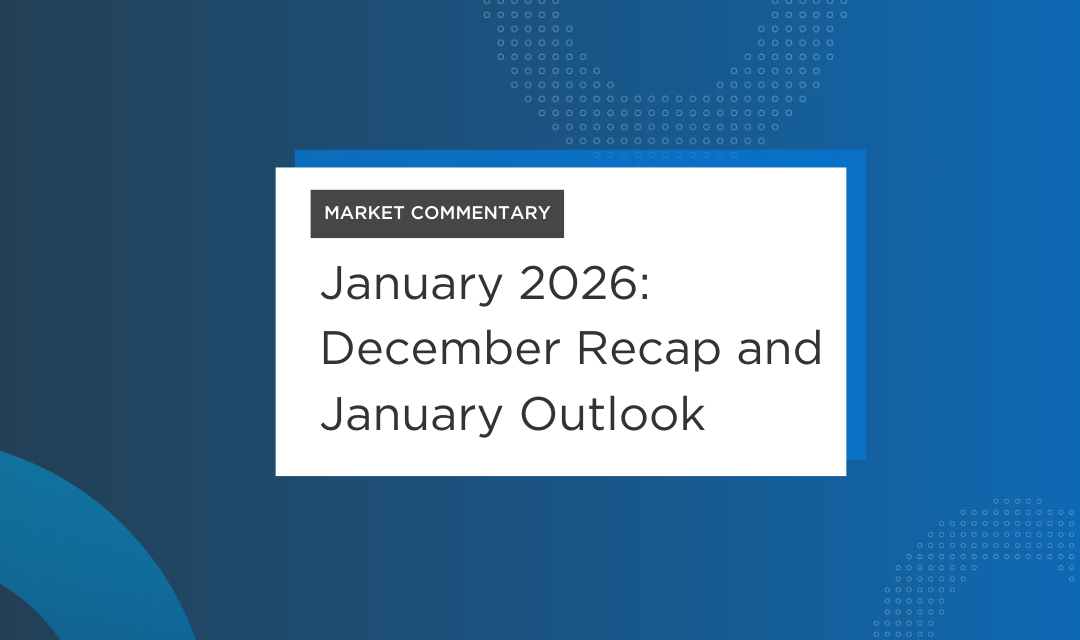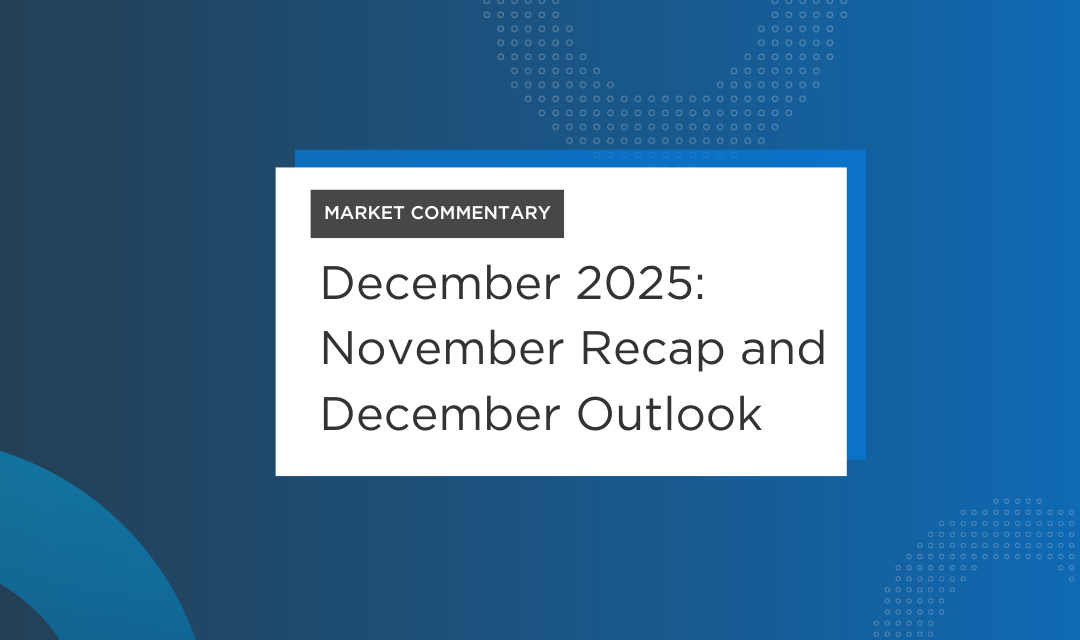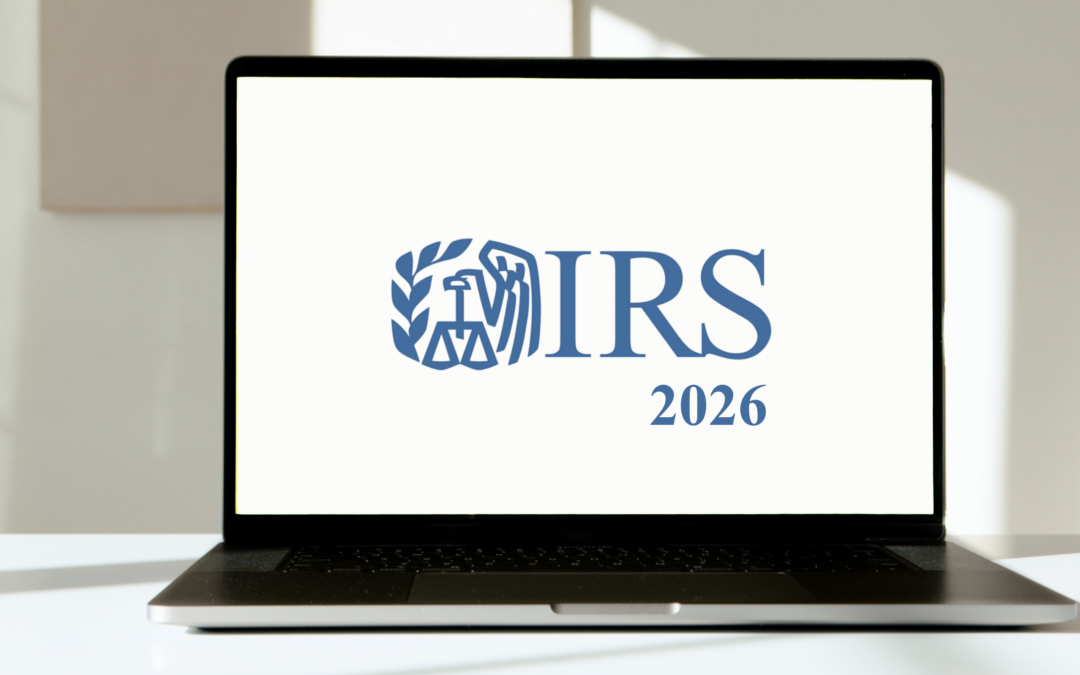A Date with Destiny – Financial Planning at every age!
With contributions from Mark Essenfeld, CFP®, AIF®
Many are of the opinion that financial planning is only necessary after there is significant income and savings to manage; but the truth is that every age has some financial aspects that, if paid proper attention, can have a great impact over one’s lifetime.
Ages 0 to 10: Learn to Crawl in Order to Walk
Pay attention to basic math. Learn how to add, subtract, and make change. These are life skills that will serve you well financially later in life. Go into business! Sell lemonade, car washes, homemade jewelry, etc. Use the money earned to save for something you’d like to buy. Do not spend all your savings, and make sure to use some for charity, and/or to buy a gift for someone else.
Ages 10 to 20: The Teen Years
Use summers to work at a part time job. Make it a habit to put half of the net earnings in a Minor Roth IRA account. Half sounds like a lot, but my wife and I always asked each of our kids when they were older what they spent the other half on and not one of them could ever tell us. On the other hand, several of our kids had saved enough in their Roth accounts to put a down payment on their first home when they were ready. At age 18, open a low balance, no fee, cash rebate credit card. Use it regularly but spend only as much as you can pay off every month. Make an intelligent, informed decision about post-secondary training or education, based in part on the realistic financial ramifications of the decision.
Ages 20-30: Great Beginnings
Focus on doing well in your first career employment. Pay attention to living within your means by tracking spending and setting budget targets utilizing a digital tool or app. Establish a cash reserve account for emergency needs and short-term savings goals equal to between 3 and 6 months of income or expenses. Continue to invest in your Roth IRA account and take advantage of your workplace retirement plan. Read more about investing at a reputable site such as investopedia.com. Do your taxes at least once. Keep your credit score above 750 by making all your monthly payments on time. Print your credit reports for free at annualcreditreport.com and review them for accuracy every year.
Ages 30 to 40: Families are Fabulous!
But they require more financial responsibility. As soon as kids are in the picture purchase an appropriate amount of inexpensive life insurance. Estate planning is not just a tax avoidance device for the wealthy. Everyone, especially those with kids, should have in place powers of attorney for both property and finances, medical directives, sometimes called a living will, a health proxy, and wills and trusts for directing assets and property. Begin a post-secondary expense savings plan for each child as soon as they are born. Make it a goal to have student loans paid off within 10 years of graduation. Continue to pay attention to basic cash flow issues: savings and investment, spending, budget, and credit score. This is a good age to consider career advancement and/or advanced degrees or certifications.
Ages 40 to 50: You are the Adult in the Room
Begin to think about retirement planning and maximize contributions to retirement accounts. Increased income may begin to cause tax issues. Seek advice on how to lower your tax liability across investments and in general. Revisit estate planning documents for review every 5 years or so. At the same time, review all beneficiary designations for accuracy and alignment with your wishes. If your Cash Reserve is full and you are maxing out retirement plan and post-secondary savings contributions, begin funding a separate investment account. Continue to maintain essential financial habits: savings and investment, spending within means, budgeting, and credit score monitoring. Make it a point to learn about your parents’ finances, what their wishes are if they need care, and what to do when they pass.
Ages 50 to 60: Time Flies When You’re Having Fun
At age 50, take advantage of eligibility for “catch-up” contributions to retirement plans. At age 59.5, withdrawals from retirement plan accounts are no longer subject to the additional 10% federal penalty tax on early withdrawals —though you still may owe regular income tax on the distributions. Early 50s are a good time to consider health care costs in retirement. Most financial professionals agree that this age is the “sweet spot” for purchasing long term care insurance. Focus on being debt free other than your mortgage. Educate yourself about Social Security, Medicare, and any retirement benefits you are due including pension and healthcare benefits. Consider hobbies or taking classes to support what you may occupy your time with in retirement.
Ages 60 to 70: Is Retirement Really Here?
Many people retire at some point during this stretch. Make certain your savings and investments are prepared to support you without income from working. Consider part time work or consulting if you are concerned about retirement cash flow. Look into Donor Advised Funds, a way to make charitable giving more efficient. Contributing to a grandchild’s 529 plan is a fabulous gift, but also may have tax advantages depending upon your state. Age 62 is the minimum age at which you can begin receiving Social Security benefits, though it is a reduced benefit at this age, and you may benefit from delaying receipt of payments to increase your benefits. The highest benefit is available at age 70. Seek advice on what is best within your financial plan. Eligibility for Medicare begins at age 65. Make sure to enroll in Medicare when initially eligible to avoid paying higher premiums for the rest of your life. Take advantage of senior discounts.
Ages 70 to 80: Show Me the Money
The government requires you to start withdrawing funds from your retirement plans once you reach age 72. The amounts of these required minimum distributions (RMDs) will vary from year to year, depending on the value of your retirement accounts and your age. Failing to take an RMD, or taking an insufficient amount, can result in costly penalties. Choosing an appropriate distribution strategy can help you avoid issues and make the most of your retirement assets. Be sure to consult with a tax advisor or retirement plan advisor. Begin to speak with your kids and grandkids about money and finances. The grandkids will benefit from all your accumulated wisdom, and your kids need to know where your financial records are and what your wishes are in case of needed care and passing.
Ages 80 to 90: It’s a Wonderful Life!
If you haven’t seen the movie, do. Whether you have or not, this is a great time to begin the process of gifting family heirlooms and other items you’d like your kids and grandkids to have. It’s much better than willing it to them because you are still alive to see them enjoy it. You may have kids setting up their first apartments or homes and you’ll get a great deal of pleasure providing a favorite chair or cabinet, and they’ll benefit greatly from its continued usage and fabulous memories. Make sure to spend the necessary dollars in your own home to keep you safe and active. Don’t procrastinate on things like hearing aids, glasses, grab bars and handrails.
Ages 90 and Beyond: How Fortunate You Are
Consider hiring in home help. Even if you feel you don’t really need it, the additional hands available for basic chores and perhaps some cooking will be very welcome, and you deserve it! It may also help in extending your quality of life even further. Continue the gifting process begun in your 80s, and spend money on yourself for your own happiness, whatever that is for you.
DISCLOSURES
Investment advisory services offered through TCG Advisors, an SEC registered investment advisor. Insurance Services offered through HUB International. Although the information in this blog has been compiled from data considered to be reliable, the information is unaudited and is not independently verified. TCG.49.2022
Tax services offered through RPW Solutions. TCG Advisors does not provide tax, legal or accounting advice. This presentation was prepared for information purposes only, and is not intended to provide, and should not be relied on for, tax, legal or accounting advice. You should consult your own tax, legal and accounting advisor before engaging in any transaction.
This website is not authorized for use as an offer of sale or a solicitation of an offer to purchase investments. This website is for informational purposes only and does not constitute an offer to sell, a solicitation to buy, or a recommendation for any security, or as an offer to provide advisory or other services in any jurisdiction in which such offer, solicitation, purchase or sale would be unlawful under the securities laws of such jurisdiction.



